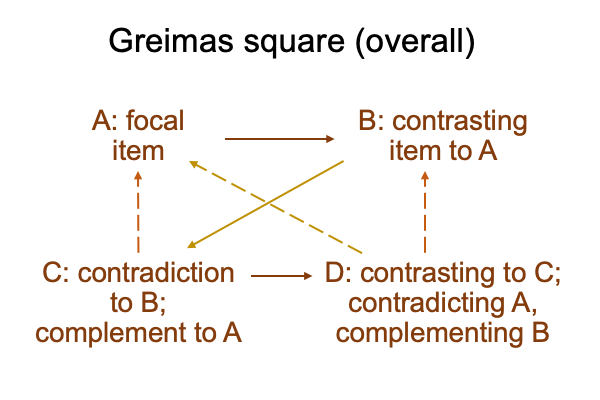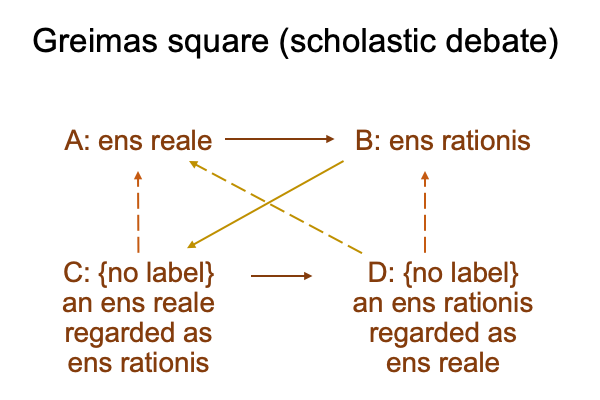Looking at Alex Jones’s Book (2022) “The Great Reset” (Part 1 of 12)
0025 Alex Jones, bubbalatory founder of the InfoWars website, is currently hounded by deep-state legal-predators. He was recently fined an unimaginable number of dollars to pay for the psychological damage that he apparently inflicted as a bombastic, yet entertaining, provocateur who speaks fiction to fact. Or, is it fact to fiction?
Does fact or fiction matter? If Jones had been a provocateur for the established revolutionary spirits, there would have been no repercussions. Take a look at Steve Colbert and Keith Olbermann, who serve as provocateurs for the diverse monocultures of big government (il)liberalism.
0026 What does matter?
Or, should I ask, “What does not matter?”
At the same time that Jones is fined a grave sum, the actual murderer, who caused the plaintiffs’ real trauma, gets sentenced to life in prison, rather than execution. Perhaps, the second judge should have fined the murderer the same package that the first judge levied on Jones. Which is worse, life in prison or permanent penury?
After all, the event itself is as horrible as questioning the realness of an event.
Is it not?
0027 Of course, it is, to some.
The scholastics of the Latin Age debate this question for around 500 years (roughly, from 1100 to 1600 AD). There are two kinds of beings: ens reale (mind-independent being) and ens rationis (mind-dependent being). The terms are Latin. Speak them with an Italian or French or Spanish accent. The Latin term, “ens” is translated as “being”.
What is “being”?
Being has presence, just like things. But, things are grounded in the material and being includes the immaterial as well as the material. A being may be a purely relational structure.
0028 So, what of the crime that Alex Jones contested?
Clearly, the event of the crime is ens reale.
Also, the skeptical questions that Alex Jones raises are ens rationis.
0029 Ens reale is not the same as ens rationis.
This poses a difficulty for those schoolmen.
0030 Fast forward to the previous century, where a literature-oriented structuralist, Algirdas Julien Greimas (1917-1992 AD), adds a twist. He proposes that a spoken word (or term) generates a purely relational field of contrasting and contradicting elements, according to a particular style. The result is the Greimas square, pictured below.

0031 Here is how the Greimas square works (more or less).
A is the item in focus.
B contrasts with A.
C speaks against (or contradicts) B and complements (or implicates) A.
D contrasts with C, contradicts A and implicates B.
0032 Now, I associate these slots to the scholastic business about mind-independent (A) and mind-dependent (B) being.

0033 Well, I already can see why medieval academic debates take so many bizarre turns. The Greimas square has two items that are not labeled.
Not labeled?
Look and see.
I suspect that experts on those scholastic debates can provide the appropriate Latin terms.
0034 Today, I offer labels for C and D.
An illusion (C) is a mind-independent being that is regarded as mind-dependent.
For example, a ten-dollar bill is a mind-independent being that is regarded as a mind-dependent tool for purchasing something. Here is an illusion that functions on a day to day basis.
A delusion (D) is a mind-dependent being that is regarded as mind-independent.
For example, confidence in the value of a ten-dollarbill is a mind-dependent being that is regarded as mind-independent. Inflation erodes confidence.
